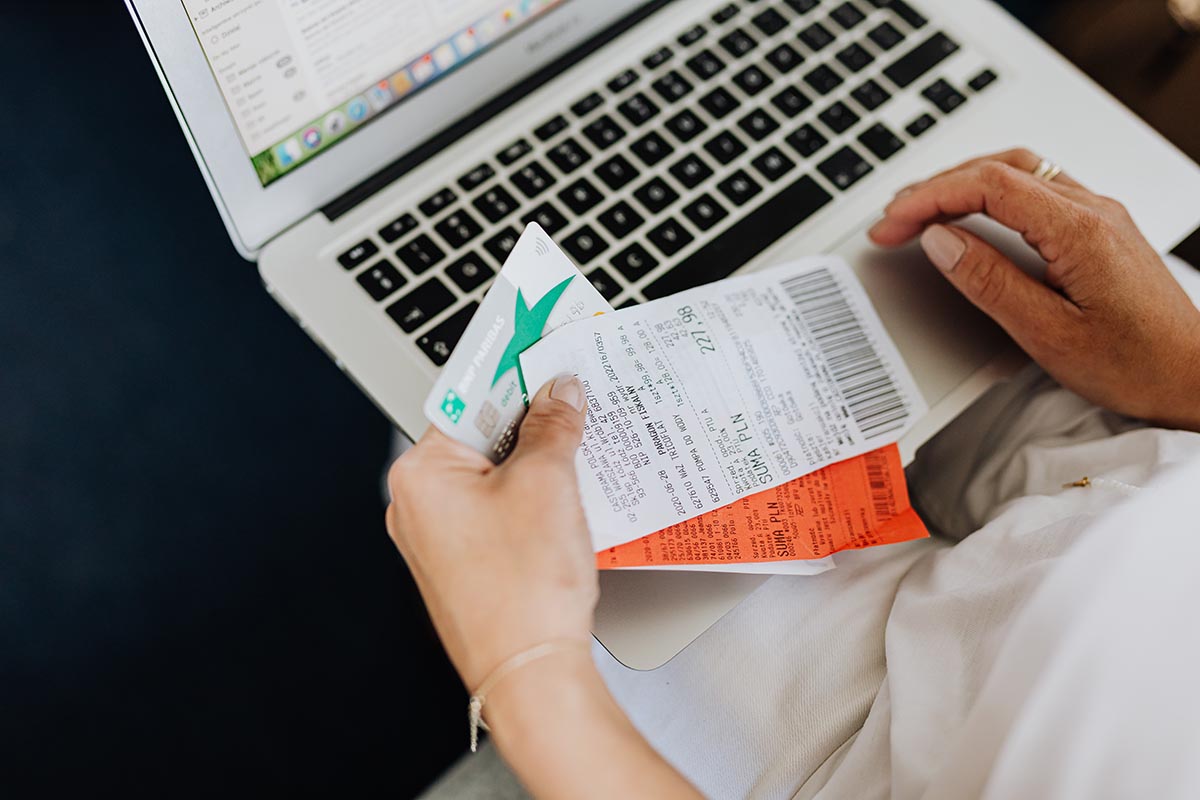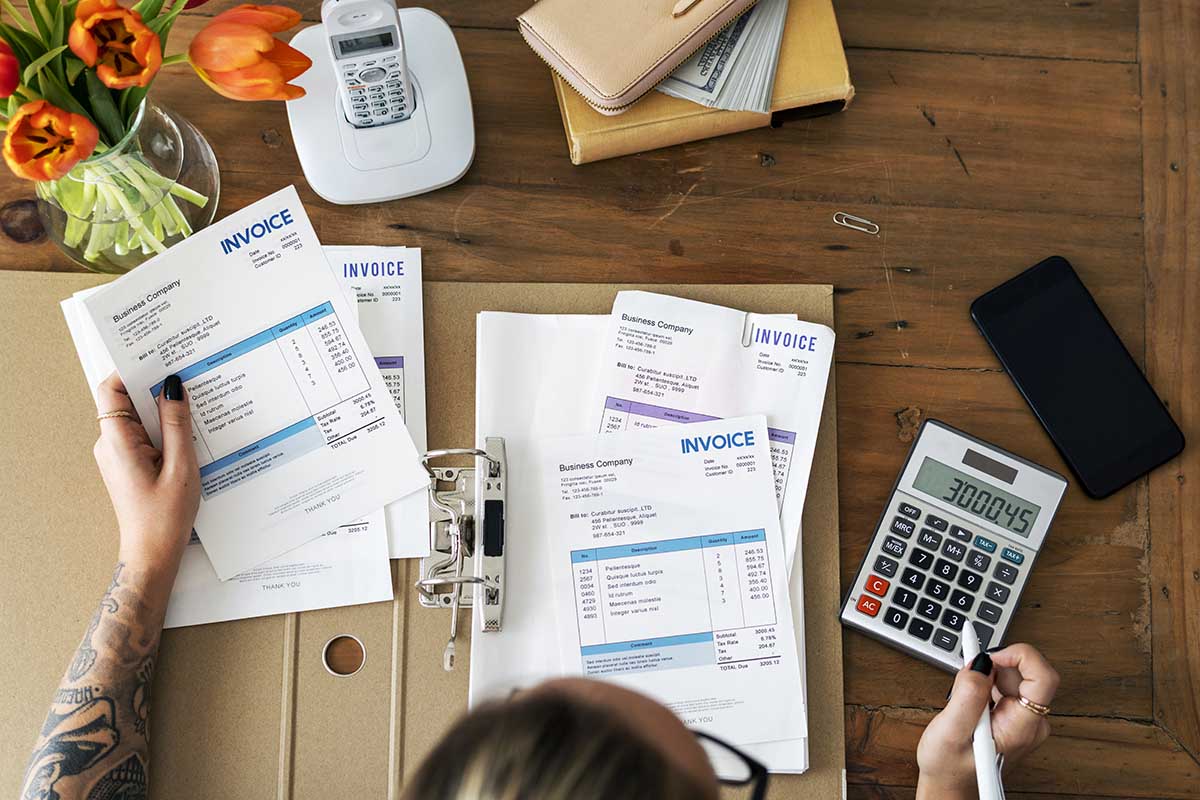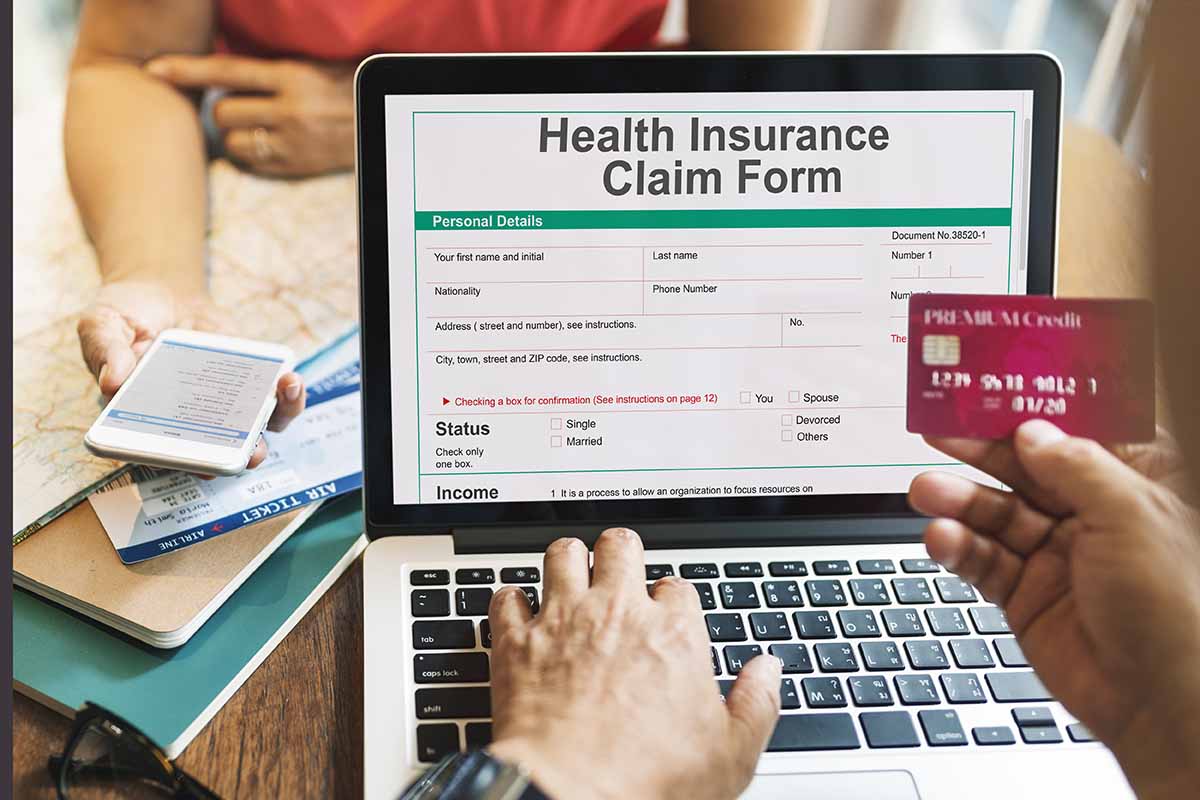Financial Resolutions For 2021 And Beyond
For many people, 2021 is likely to need to be the year they put right the financial damage caused by 2020. If that sounds like you, here are some financial resolutions for 2021 and beyond. Follow these and you’ll put yourself firmly (back) on the path to financial wellbeing.
Financial Resolutions For 2021: Sort Out Paperwork
Make time, at least once a year, to put your affairs in order. There are two key reasons for this. Firstly, it can save you a lot of hassle and stress if you do need to access important paperwork. At the very least you’ll know where it is. Secondly, it gives you the opportunity to double-check that the documents still reflect your life as it is now, not just as it was when they were created.
Make sure you’re getting the best deal on your mortgage
It’s worth checking your mortgage every year because it’s probably the single, biggest loan you have. This means that getting it right can make a huge difference to your overall finances. You don’t have to change your mortgage every year. In fact, it would probably cost you more than it was worth to do so. You just need to stay alert to the options.
Comparing mortgage options does mean doing some math. The good news is that there are reliable online calculators that can do the job for you. Just make sure that you’re using the right calculator for the right job. For example, if you’re comparing a VA loan with a standard loan then you need a VA loan calculator and a regular mortgage calculator.
Financial resolutions for 2021: review your credit cards
Credit (and store) cards may have low balances but they can have very high-interest rates. This means that getting on top of them should generally be high on your list of priorities. Ideally, you should be paying off your balance in full each month. In the real world, however, it may take quite a bit of work to get you to that happy place.
There are basically two approaches you can use to paying off credit cards. In both, you make the minimum payment across all cards. You then focus on paying everything you can onto one specific card until it is cleared. With the first approach, you focus on the highest-interest debt. With the second, you focus on the smallest debt. Once the card is cleared, you close it.
The advantage of the first approach is that you are guaranteed to make savings in interest. The advantage of the second approach is that it allows you to close off cards relatively quickly. This may improve your credit record enough for you to get a better deal. At the very least, it will stop you from spending on the cards.
By contrast, if you’re in the fortunate position of having your credit cards well under control, then make the most of it. If you can pay off your balance in full each month, then look for cards with great rewards. If you can’t, but still have a good credit score, make sure you’re getting the best interest rate available to you.
Go through your bank statements
Get a year’s worth of bank statements and go through them carefully. List out all recurring payments and highlight the ones which relate to contracts with a fixed term. Check exactly when that term ends and put a note in your calendar along with a reminder for a month to six weeks beforehand.
Then think about whether or not you actually need or want the services. If you don’t, then just cancel them as soon as you can. If you do, then make sure that you’re getting the absolute best deal for them. When you do this, make sure that you’re clear about what you’re getting for your money.
For example, a cell phone contract will generally offer a handset and a service bundle (minutes, texts, and data). If, however, you separate out the components, you’ll often find you can get a much better deal buying the handset and the service individually. This can also give you much more flexibility if your circumstances change.
On a similar note, you might find you get the best overall deal by mixing and matching “self-service” with third-party services. For example, if you invest in a basic home gym, you can work out at home most of the time. Then you can use pay-as-you-go access to a gym when you want it. This can work out much more cost-effective than a monthly gym membership.
Go through your receipts
Your bank statements will give you a good overview of where your money is going. If you want to make a real difference, however, you need to get into the details and that means going through your receipts. That’s the difference between seeing, for example, that you’ve spent money at a supermarket and seeing exactly where that money went.
It’s particularly important to keep an eye on supermarket receipts. The fact that it’s a supermarket can make it look like all purchases are essential. In reality, however, supermarkets stock a lot of non-essential products. They are also experts on manipulating people into buying items they don’t really need (and may not even want).
In short, therefore, if you actually check your receipts, particularly your supermarket receipts, you may get quite a shock about where your money is actually going. If you’re not in the habit of keeping paper receipts, then just take a picture of it and check that.
If you find that you’re routinely spending more than you’d like on non-essentials, consider setting a rule that you only shop from a shopping list. This approach will force you to be disciplined. The only problem with it is that it removes your ability to be flexible and make extra legitimate purchases like items you forgot to put on your list or genuine bargains.
Check your bank statements and receipts
This time around, you’re looking for any purchases you’re going to need to make over the coming year and perhaps even beyond. You might also want to take a good look around your home and see if that gives you any ideas. Basically, you’re trying to anticipate where you might need to spend money over the next year and do your best to prepare for it.
Your first step in preparing for it is to get a realistic idea of the cost of the purchase. Even though prices can go up and down, you should still be able to make a ballpark estimate. Then you need to think about roughly when you’ll need to make the purchase. This will tell you how long you have to save and/or organize finance.
Ideally, you’ll have the whole purchase covered by cash in hand. If you can’t achieve that, however, then you generally want to arrange finance as far ahead as you can. You definitely want to avoid leaving it to the last minute. This is generally how you end up with the worst deals if you can get a deal at all.
Organize your kitchen
Make 2021 the year you commit to zero food waste. That starts by making sure that you shop what you have before you buy anything else. That starts with knowing what you have and where it is. If necessary, invest in kitchen organization products to make the whole of your cabinets and drawers accessible.
If you want to decant foods into containers so you can get rid of packaging, make sure you make a note of key details such as expiry dates. Either write them on the container e.g. with a chalk marker or cut out the relevant bit of packaging and tape it to the container.
Once you know what you have, start creating meal plans to use up what you have and restock your kitchen mindfully. Keep in mind that, these days, you don’t necessarily make savings through buying in bulk. You certainly don’t make savings if you buy perishable items and end up throwing them away because they’ve expired before you can use them.
If you’re not a confident cook, then make 2020 the year you learn. The more food preparation you can do at home, the more money you can save on your food bill. Similarly, if you’re in the habit of buying ready-made coffee, try cutting it back to a treat purchase and making your own at home as much as possible.
Financial Resolutions For 2021: Look for ways to grow your income
Everything so far has been about saving money and making the most of what you have. It is, however, also worth thinking about whether or not there’s anything you can do to grow your income.
For most people, this is probably going to involve starting a side-hustle, even a small one. If, however, you have a bit of disposable capital, you could try investing. If you don’t but have a spare room, you could try letting it out. Just remember that when you start doing something for money, you become a business. This means that you need to think seriously about taxes and laws.




















